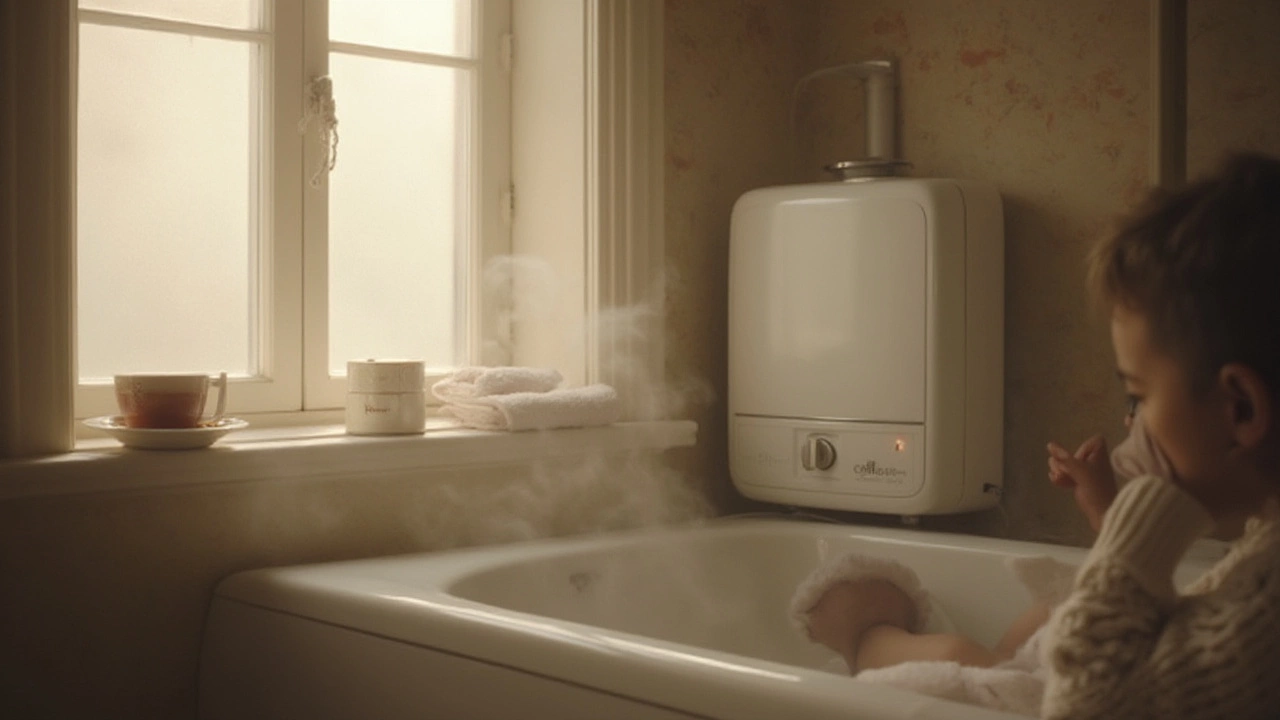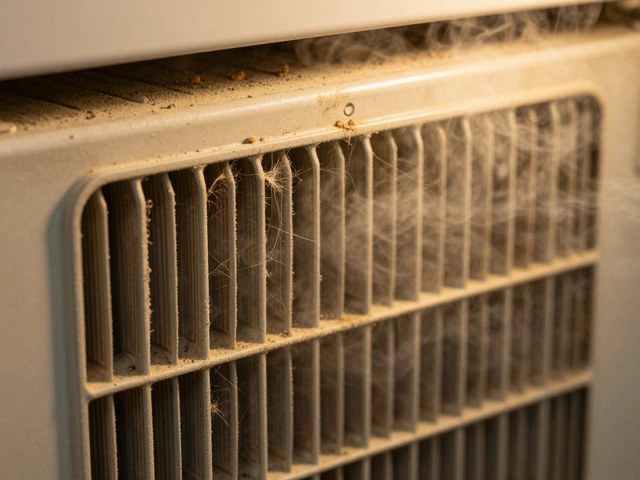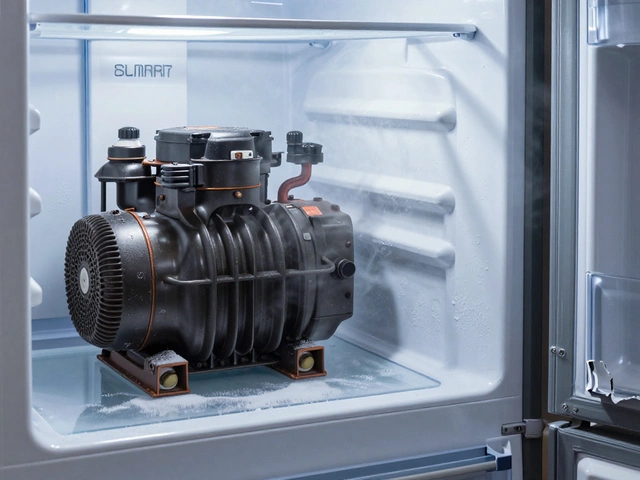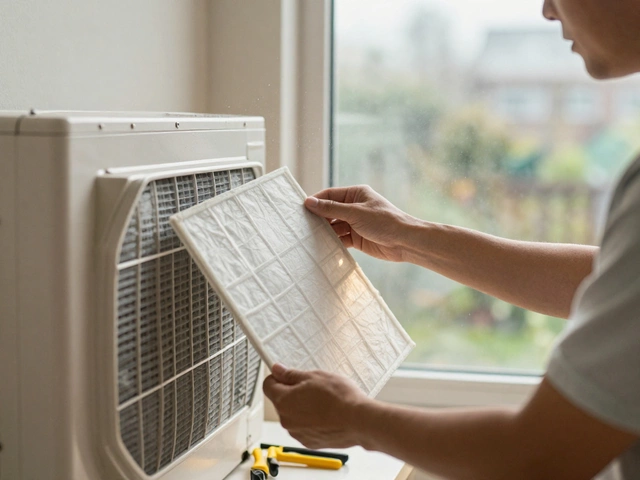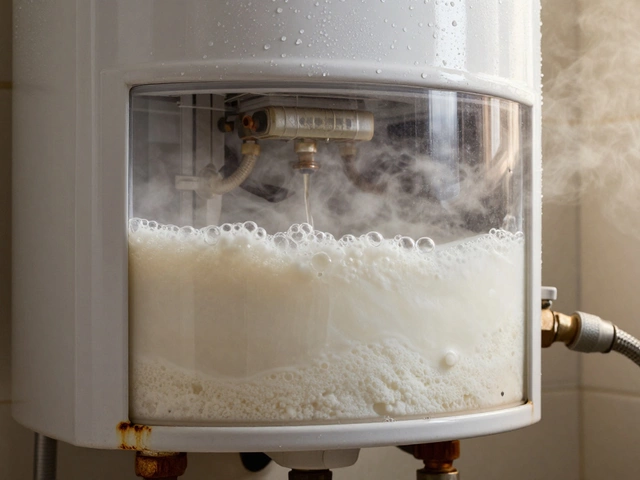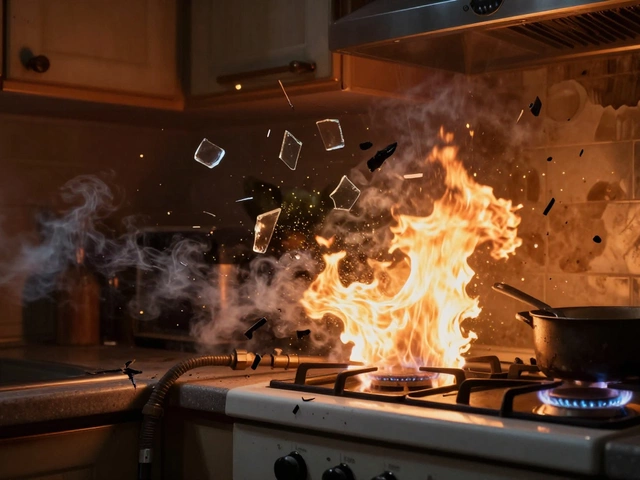Water Heater Lifespan: What to Expect and How to Make It Last
If you’ve ever been left in the cold after the hot water disappears, you’ve probably wondered how long your water heater should keep working. Most tanks live between 8 and 12 years, but a lot of things can push that number up or down. Knowing the key factors and a few easy maintenance tricks can save you from sudden breakdowns and pricey replacements.
What Affects How Long a Water Heater Lives
First off, the type of heater matters. Traditional electric tanks usually last 10‑12 years, while gas‑fired models can stretch a bit longer if the combustion parts stay clean. Tankless units often outlive tanks, sometimes hitting 20 years, because there’s no big metal shell that rusts.
Water quality is a hidden culprit. Hard water leaves mineral deposits inside the tank, causing the inner lining to wear out faster. If you notice white crusts on faucets or a cloudy water smell, you probably have scale building up inside the heater.
Installation quality also plays a role. A heater that’s not level or has poor venting can overheat, stress internal parts, and fail early. Same goes for the temperature setting—keep it around 120°F (49°C). Higher temps speed up corrosion and raise energy bills.
Tips to Extend Your Water Heater’s Life
Start with a quick annual check. Turn off the power or gas, let the tank cool, then drain a few gallons to flush out sediment. It only takes 10‑15 minutes and can add years to the unit.
Install a water softener if you have hard water. It reduces mineral buildup and protects not just the heater but all your plumbing fixtures.
Keep the anode rod in good shape. This sacrificial piece of metal grabs corrosion before it reaches the tank. Replace it every 2‑3 years, or sooner if you see it corroded when you inspect it.
Don’t ignore the reset button. If the heater trips its high‑temperature limit, give it a moment to cool, then press the button for a few seconds. Repeated trips mean the thermostat or heating element is struggling—call a pro before it quits completely.
Finally, listen for odd noises. Rumbling or popping usually means sediment is heating too fast. A quick flush can quiet things down and prevent the tank from cracking.
When the heater finally shows its age—lots of rust, leaking, or an inability to keep water hot—it’s time to replace. Compare the cost of a new unit with the repair bill; if repairs exceed half the price of a new heater, swapping out is smarter.
Knowing these basics helps you plan ahead, avoid cold showers, and keep your hot‑water bills in check. Keep an eye on the signs, stay on top of simple maintenance, and you’ll get the most out of every water heater you own.
Why Do Water Heaters Fail So Quickly? Common Causes and How to Avoid Them
- Alden Wilder
- Nov 10 2025
- 0 Comments
Water heaters often fail early due to sediment buildup, worn anode rods, and high temperatures. Learn how simple yearly maintenance can double your heater's lifespan and prevent costly leaks.
View MoreHow Long Do Water Heaters Last? Lifespan, Facts & Signs for Replacement
- Alden Wilder
- Jul 4 2025
- 0 Comments
Wondering how many years a water heater should last? Learn about average lifespans, signs of trouble, maintenance tricks, and when replacement makes sense.
View More
